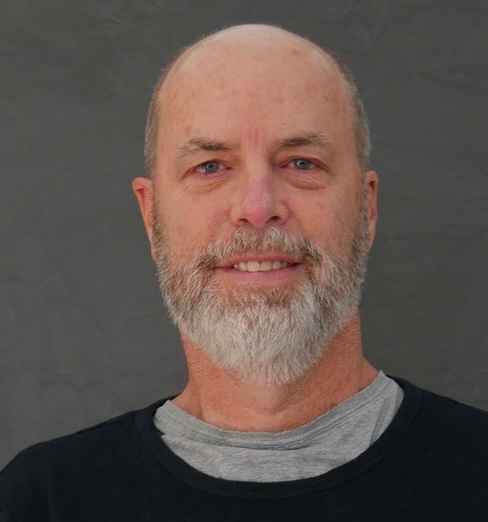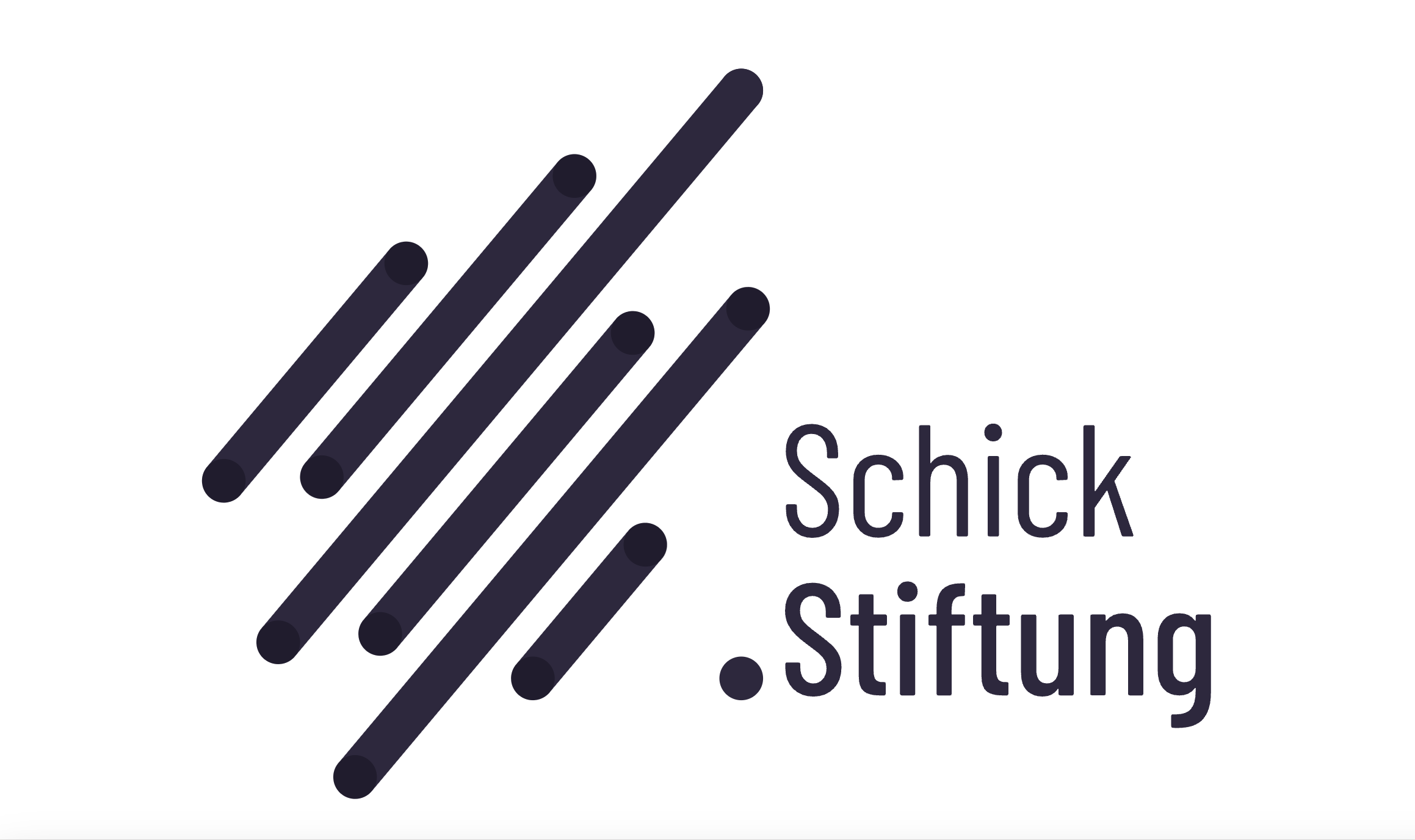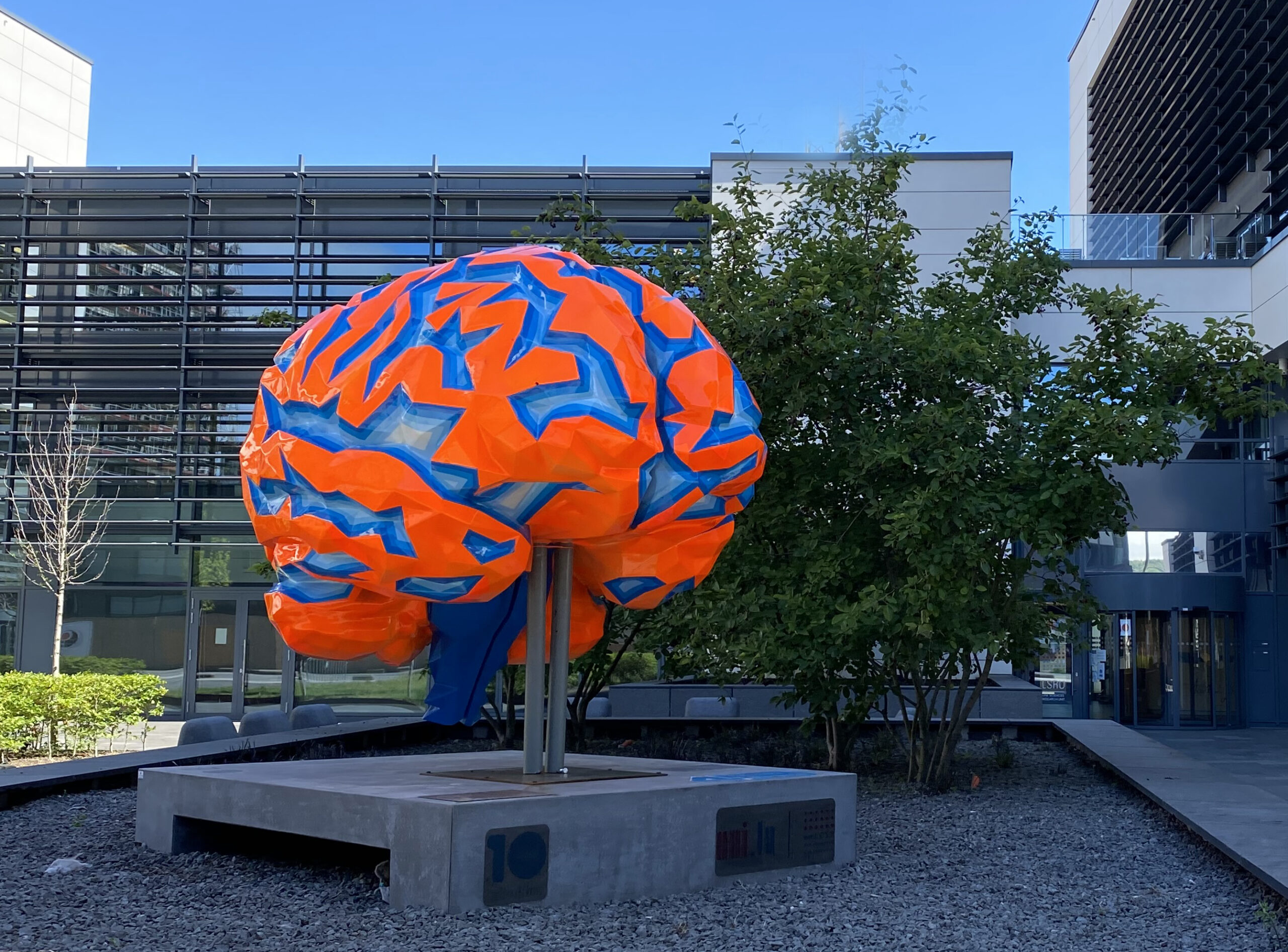About this event
Explore the forefront of neuroscience with the LCSB Neuroscience Lecture Series, featuring scientific presentations from internationally renowned experts in various disciplines of neuroscience.
Meet the speaker! One-on-one meeting opportunities with the speaker can be arranged by emailing Murielle Moes.
Microbiota of young animals restores Regulatory T cell function and reduces Age-associated inflammation
Aging is associated with the accumulation of regulatory T (Treg) cells with impaired suppressive function, contributing to immune dysregulation. Here, we show that the aging-associated gut microbiota plays a key role in driving Treg cells dysfunction. Aged Treg cells exhibit increased oxidative stress, DNA damage, and senescence markers, correlating with their inability to control T cell-mediated intestinal inflammation. Microbiota transfer from young to old mice restores Treg cell function, reduces inflammation, and reshapes the gut microbiome, demonstrating a causal role for microbial composition in immune aging. Additionally, aged microbiota is linked to increased TNF signaling, which further compromises Treg cell stability. These findings establish a direct connection between microbial dysbiosis, TNF-driven inflammation, and Treg cell dysfunction in aging, highlighting microbiota-targeted interventions as a potential strategy to mitigate immunosenescence.
About the speaker
Prof. Dr. Waisman graduated in Life Sciences at the University of Tel-Aviv, Israel, in 1986. From 1986 until 1989, he made his Master in Science at the department of Molecular Genetics at the Weizmann Institute of Science, Rehovot, Israel. He then continued for PhD in the same institute, at the Department of Immunology, under the supervision of Prof. Edna Mozes studying a mouse model for systemic lupus erythematosus. The PhD finished in 1994, and he moved to make his first post doctorate study under the supervision of Prof. Lawrence Steinman from Stanford Medical School studying the mechanism of DNA vaccination in a mouse model of Multiple Sclerosis and implementing the research in order to treat the mice. In the year 1996 he moved for a second post doctorate period to Cologne, Germany, where he generated different mouse models to study autoimmunity under the supervision of Prof. Dr. Klaus Rajewsky. In 2001 he became an independent group leader in the Institute of Genetics in Cologne where he continued to study autoimmunity using the technique of conditional gene targeting. In April 2005 he moved to Mainz as he was nominated an Associate Professor for Pathophysiology. In 2011 he became the Head of the Institute for Molecular Medicine in the University Medical Center Mainz. In 2016, Prof. Waisman won the Sobek Forschungspreis, an international prize for outstanding research in Multiple Sclerosis.

The Neuroscience Lecture Series is supported by the Schick Foundation.

